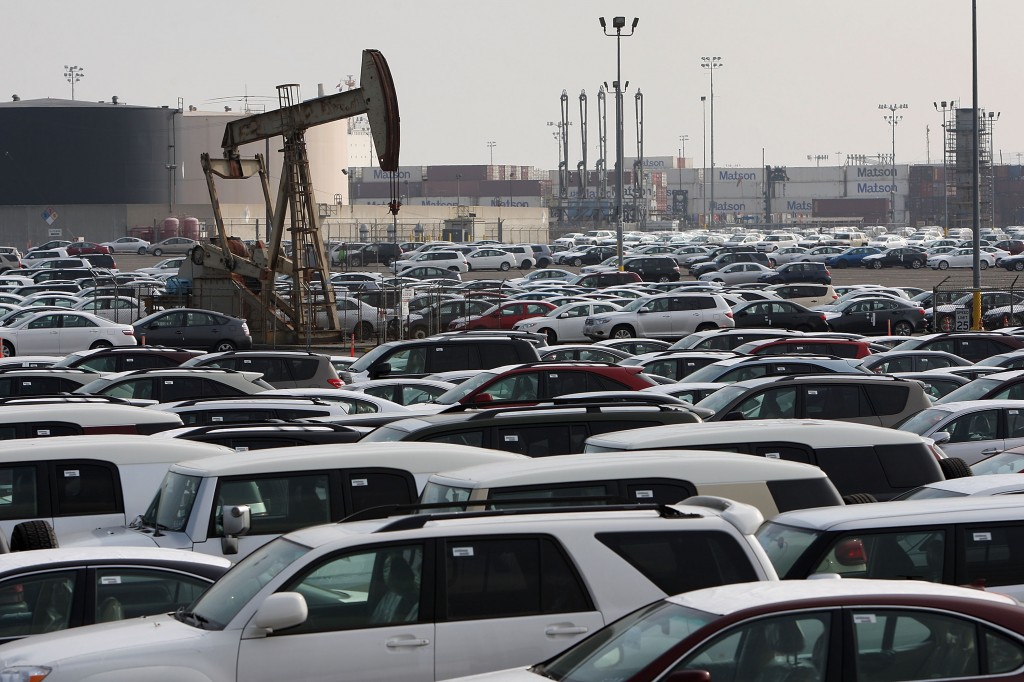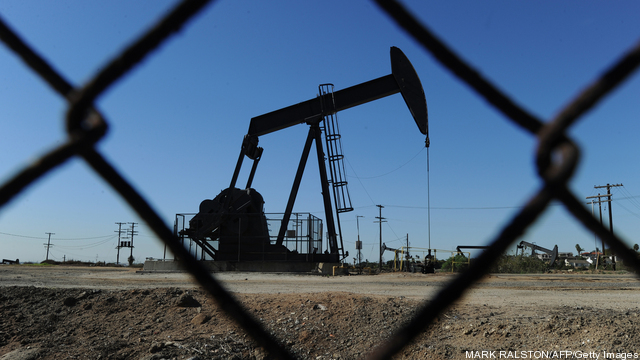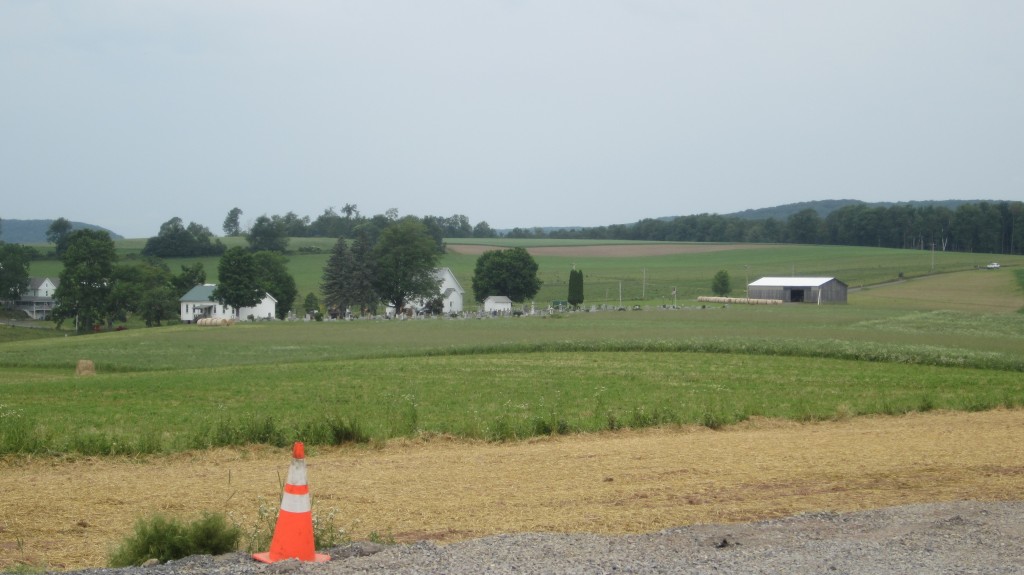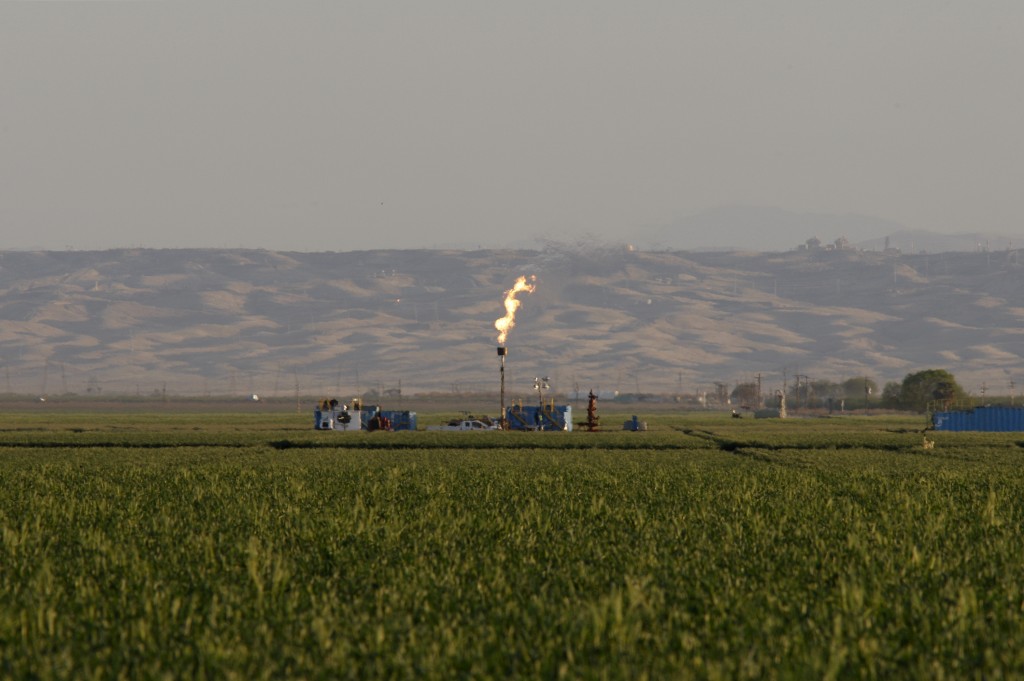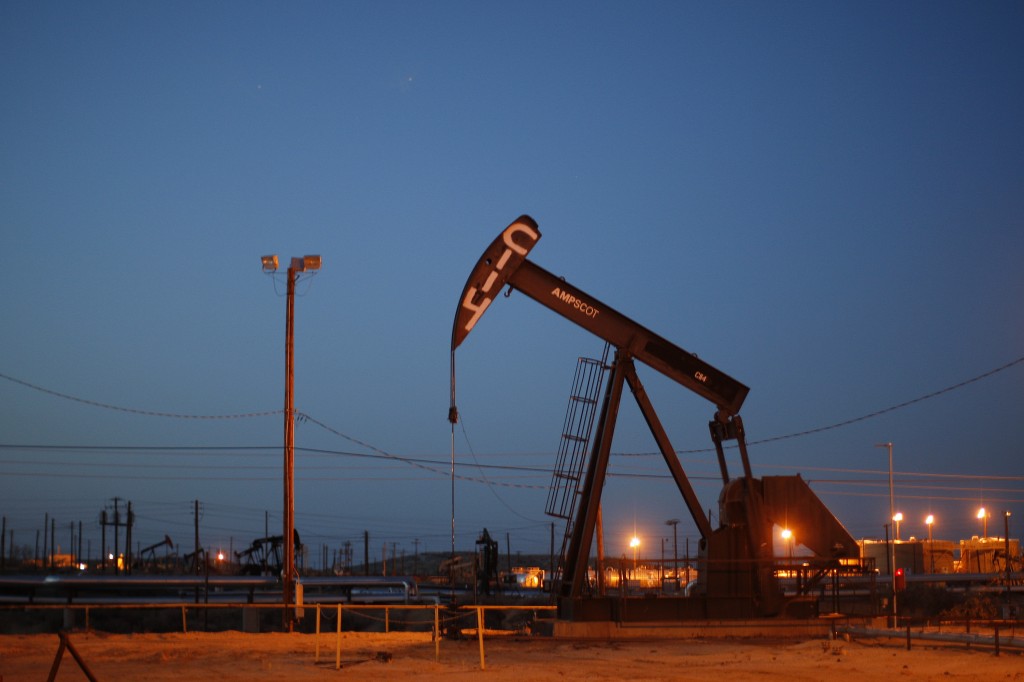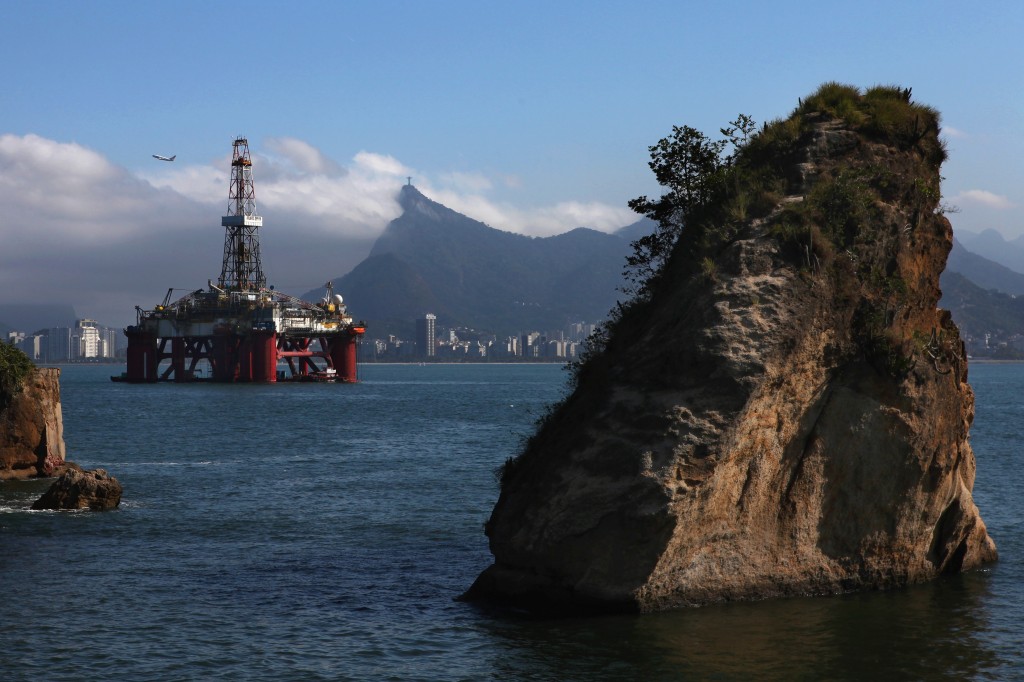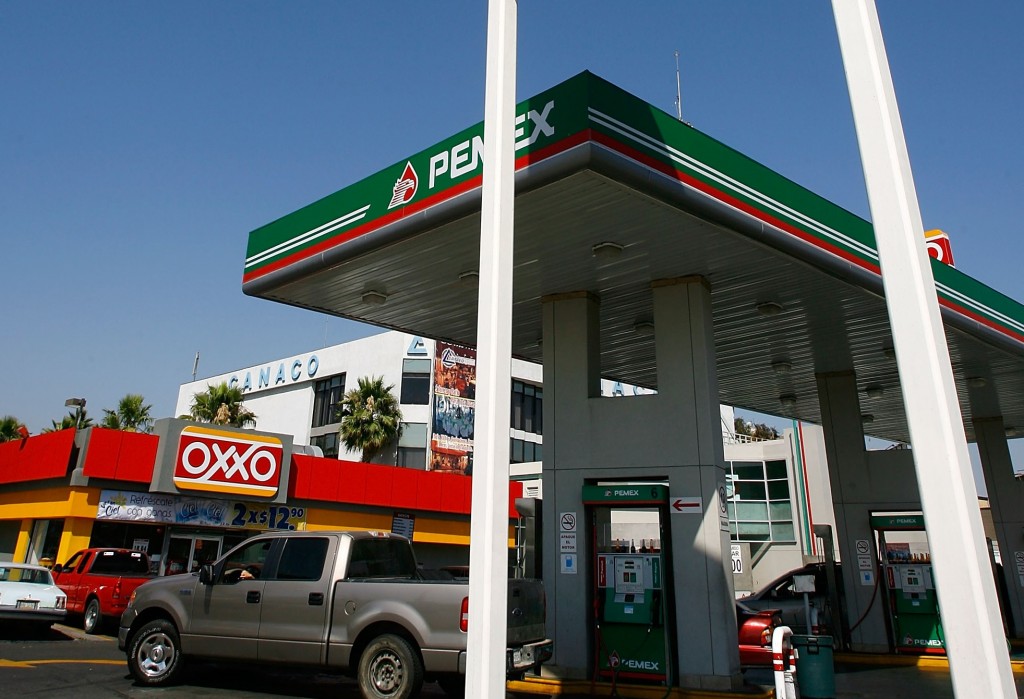The world could find itself drowning in oil this year and prices could fall further as new Iranian output cancels out production cuts elsewhere, according to the International Energy Agency. [The Guardian] Today Member States agreed on a Commission proposal to invest €217 million in key trans-European energy infrastructure projects, mainly in Central and South… Keep reading →
IHS
Energy News Roundup: Oil Set To Drown Markets, EU Energy Projects Announced & Energy Storage Pipelines Increasing
By Conor O'SullivanSign up and get Breaking Energy news in your inbox.
We will never sell or share your information without your consent. See our privacy policy.If China Loses Control, Look Out Oil: Dan Yergin
By Matthew J. Belvedere | CNBCThe massive selling in Chinese stocks is stoking fears that the government there may be losing control of its carefully managed economy, said Dan Yergin, a leading expert in international politics, energy, and economics—a prospect that’s pressuring oil prices. “We are seeing a panic in China. It goes back to 2008, when it always seemed… Keep reading →
Hydraulic fracturing is a proven, safe technique that has been used since 1949 in over one million wells right here in the U.S. As a result, America is now the number one producer of natural gas in the world, and by 2015, it is expected that we will take the top spot in crude oil… Keep reading →
Study: Shale Energy Benefits Schools, State and Local Governments
By Energy Tomorrow BlogA new study details the way America’s unconventional energy revolution – oil and natural gas safely developed from shale and other tight-rock formations with advanced hydraulic fracturing and horizontal drilling – is benefiting Americans where they live. The new analysis by IHS shows that electricity and natural gas cost savings from shale energy is, in… Keep reading →
- Investment, Oil, US
Study: Jobs, Economic Growth to States From Crude Exports
By Energy Tomorrow BlogIndividual states would see significant job creation and economic growth from exporting U.S. crude oil, according to a new state-by-state report by ICF International and EnSys Energy. Specifically, 18 states could realize more than 5,000 new jobs each in 2020 from crude oil exports, with state economies growing by hundreds of millions of dollars each.… Keep reading →
By: Daniel Yergin, vice chairman of IHS The great controversy playing out over oil reform this month in Mexico will be central to Mexico’s economic future. Can declining oil production be turned around in order to support an expanding industrial economy rivaling the BRICs and become a global manufacturing hub? This oil reform is so… Keep reading →
Consulting behemoth IHS has published the results of the third in a series of studies on how the US unconventional oil and gas boom is impacting the country’s economy. The study, America’s New Energy Future: The Unconventional Oil and Gas Revolution and the Economy – Volume 3: A Manufacturing Renaissance, found that across the value chain,… Keep reading →
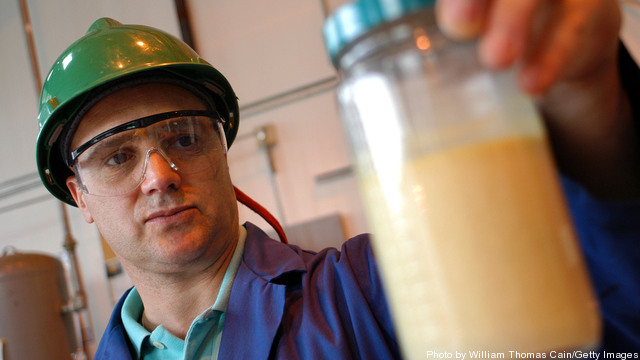
Biodegradable polymers are a tiny slice of the broader bioplastics market, but they could offer a means for oil and gas drillers to go greener in hydraulic fracturing operations.
It is almost common knowledge these days that advancements in hydraulic fracturing and horizontal drilling, both decades-old techniques, have been the keys to unlocking vast gas and oil deposits in recent years that were previously considered too costly to develop. As hydraulic fracturing has become commonplace across large swaths of the United States – sometimes in areas in which oil and gas drilling is a relatively new phenomenon – it has sparked a range of environmental concerns. These include fears that the materials injected into the ground in the process, which include chemicals and proppants, may contaminate water supplies. Keep reading →

Economists tend to be very good at finding reasons things won’t go well, and it is part of their professional mission to detail and warn the many potential pitfalls for companies, governments and individuals facing a complex and uncertain world. So how does the profession of energy economics in North America deal with an unexpected outbreak of good news?
Rising production of oil and natural gas based on falling prices has made many of the anticipated problems with transitioning to a cleaner economy less immediately urgent, and despite the recent problems with the transmission grid and generation system exposed by Hurricane Sandy in the Northeast, the US has in large part navigated a period of low demand for electricity without a sharp slowdown in needed investment. Keep reading →
